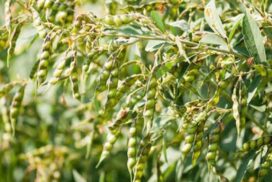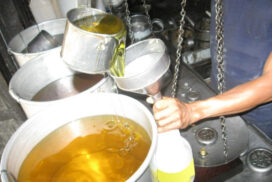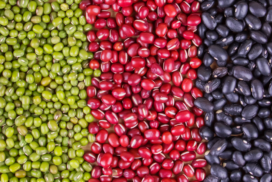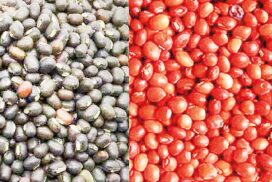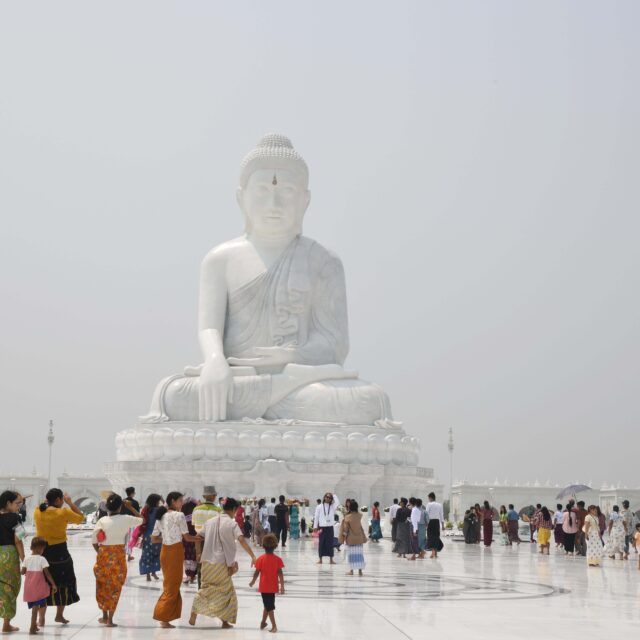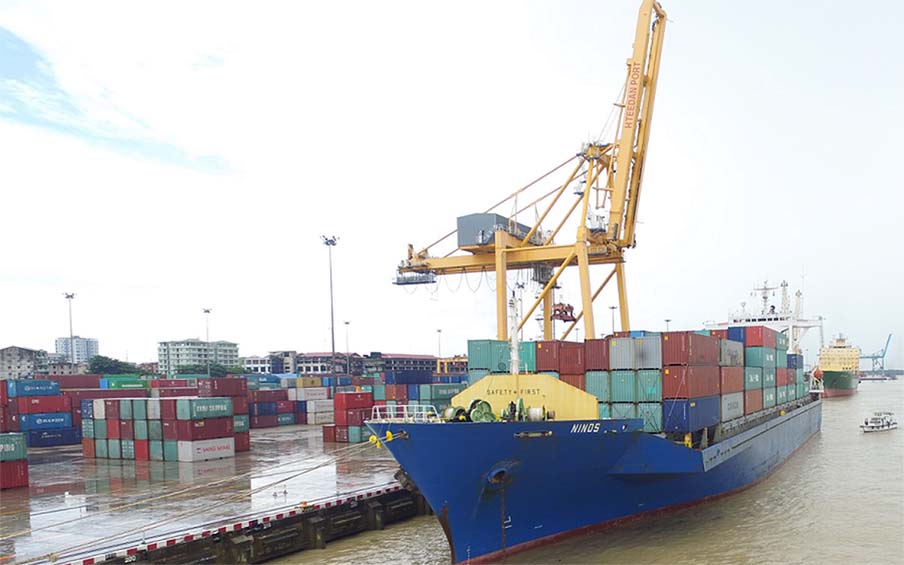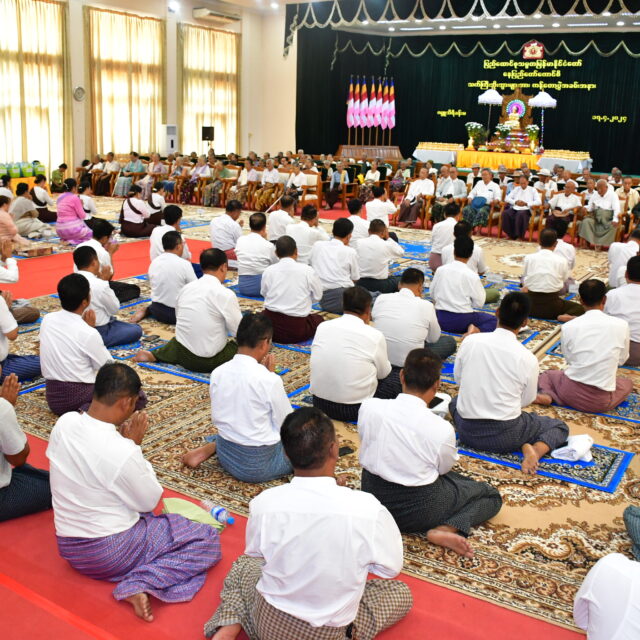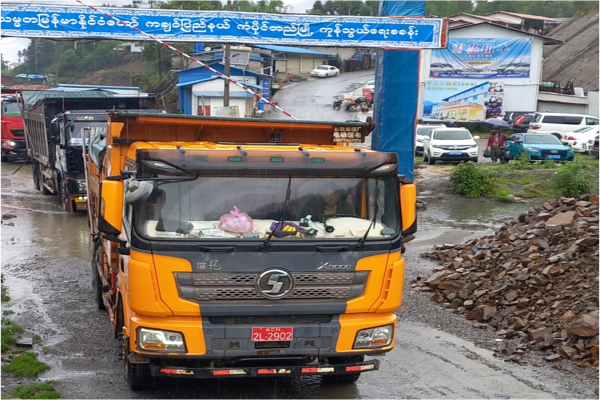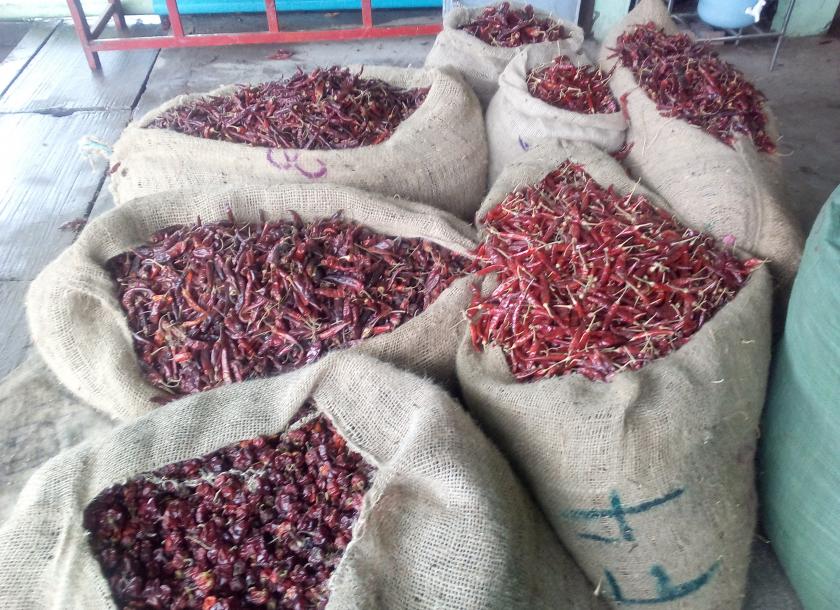According to the Win Win depot from Mandalay, the pigeon pea (red gram) price continues rising in early April. It fetched up to K90,000 per three-basket bag on 10 April.
The traders set the selling price at K90,000 per bag. The majority of them accept only immediate cash payment.
The pigeon pea market is expected to remain bullish even after the Thingyan holidays (13-19 April), a trader from the Mandalay market shared his opinion.
The pigeon pea price was on the rise in March-end 2021 amid the low yield and the dollar gain.
According to the domestic market, the pigeon peas market saw a slight upward trend in price along with the appreciation of the US dollar against Kyat.
The price showed a remarkable increase of K16,000-18,000 as against January’s rate.
As there is no demand by India, the traders are keeping them for now, said U Myo Swe from Mandalay wholesale market.
Myanmar’s pigeon peas are primarily shipped to India and exported to Singapore, the US, Canada, Pakistan, the UK, and Malaysia.
But, the export volume to other countries rather than to India is minimal.
More than 249,245 tonnes of various pulses and beans were exported to foreign markets between 1 October and 4 December of the current financial year 2020-2021, with an estimated value of US$217 million.
Of them, the pigeon pea export accounted for 83,758 tonnes, generating an income of $57.94 million, the Commerce Ministry’s data indicated.
Myanmar’s agriculture sector is the backbone of the country’s economy, and it contributes to over 30 per cent of Gross Domestic Products.
The country primarily cultivates paddy, corn, cotton, sugarcane, various pulses and beans.
Its second-largest production is the pulses and beans, counting for 33 per cent of agro products and covering 20 per cent of growing acres.
Among them, black gram, pigeon peas and green grams constitute 72 per cent of bean acreage.
Other beans, including peanut, chickpea, soy pea, black-eyed beans, butter bean and rice bean, are also grown in the country.
The domestic bean market is positively related to supply and demand law, said Secretary U Min Ko Oo of Myanmar Pulses, Beans and Sesame Seeds Merchants Association.
Since 2017, India has been setting import quota on beans, including black grams and pigeon peas.
Therefore, the growers face difficulties to export their beans to the Indian market.
India’s restriction of the importation of pulses in August 2017 severely affected growers in Myanmar.
The price of pulses also drastically plummeted.
In the 2017-2018 FY, over a million tons of black grams, pigeon peas, and green grams were shipped to foreign countries.
Nevertheless, the earnings were registered at just $713 million owing to the price drop.
Myanmar shipped over 1.6 million tonnes of different varieties of pulses, especially black grams, with an estimated worth of US$1 billion, to other counties in the FY2018-2019.
During last FY2019-2020 ended 30 September, the country delivered 1.6 million tonnes with an estimated value of $1.195 billion. — MM/GNLM
Pigeon pea price remains on the rise
- April 15, 2021
- 568

